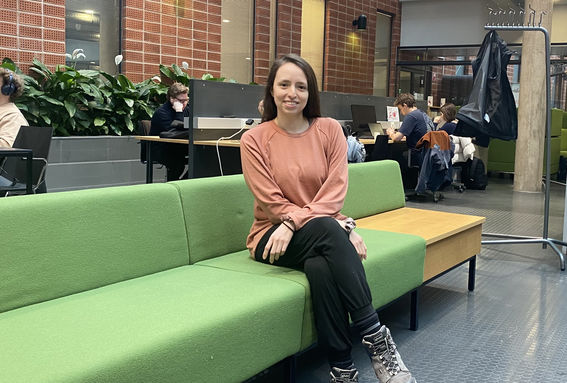Researchers’ work is more and more affected by open science and open access, and they are important principles for the entire university. Openness refers not only to publications, but also to research data, infrastructures, methods and research culture. Research funding organisations and publishers also impose wishes and demands for the transparency of publications and research materials.
For a researcher, open access and open data often mean more citations and societal impact. Research work is enhanced when data from other researchers is reusable and publications are readily available. The entire research community benefits from transparency and new practices that increase the quality of research outputs.
More effective working for researchers
At Aalto University, 82% of all research publications were open in 2021, a high number also if compared internationally. Head of Open Science and ACRIS Anne Sunikka and her team ensure high-quality in the university’s open science practices and services.
‘The quality of research improves when it is openly available for evaluation. Through transparency and openness, cooperation and co-creation are easier in research projects. Instead of creating all phases from scratch, researchers can utilise methods and data described and published by others.’
An important tool for open science at Aalto is the ACRIS research information system, which is available through the research.aalto.fi portal. Currently, more than 22 000 open publications and over 800 open data sets are visible in the portal. Our researchers’ outputs can also be found in research.fi, a web service that shares information on research conducted in Finland.
When researchers are preparing an open access publication or opening their research data, Anne Sunikka’s team is there to support. ‘There is a wealth of information on our website, and we also provide training, such as webinars on data management, ACRIS clinics and video material. We help to manage the publication process by reviewing the authors and metadata and also the publishing agreements.’
An active network of data agents works at schools and departments. Their main job is in research, but they support fellow researchers part-time in data management questions. ‘And you can always send us an email; if it concerns publications, send it to acris@aalto.fi, and if it is about open data, contact researchdata@aalto.fi’, Anne Sunikka points out.
More transparency
For Nidia Obscura Acosta, a doctoral student at the Department of Computer Science, the idea of open science has always felt very natural. ‘Freely accessible research helps researchers a lot – it gives easy access to publications and data all over the research world. Open science means more transparency and equity and benefits also the larger public and tax-payers.’













